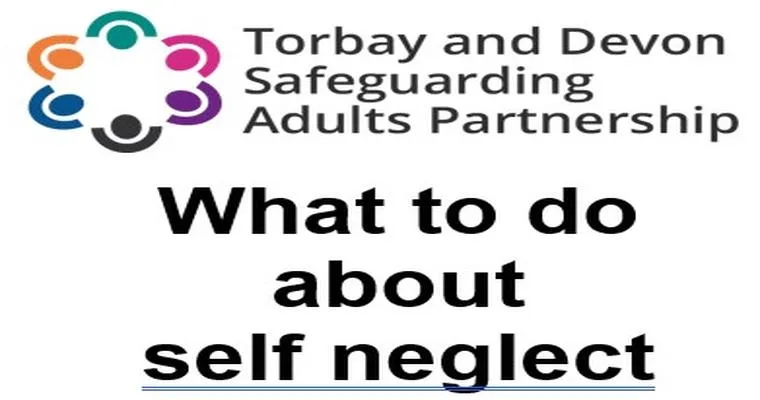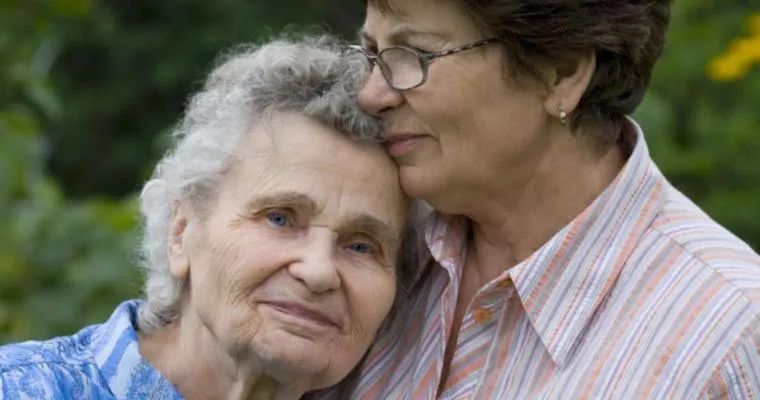Self neglect in adults is a serious issue that can affect their health, well-being, and overall quality of life. Understanding "who can help an adult with self neglect" is crucial for ensuring that those in need receive the right support and intervention. Self neglect can manifest in various ways, including poor personal hygiene, inadequate nutrition, and unsafe living conditions. Fortunately, several resources and individuals can provide assistance.
Understanding Self Neglect
Self neglect occurs when an individual fails to take care of their basic needs. This can be due to a variety of factors, including mental health issues, physical disabilities, or a lack of social support. Recognizing the signs of self neglect is the first step in seeking help. Common indicators include unkempt appearance, excessive clutter in the living space, and withdrawal from social interactions.
Professionals Who Can Help
1. "Healthcare Providers": Physicians, nurses, and mental health professionals are often the first line of support for individuals experiencing self neglect. They can assess the individual's physical and mental health needs and recommend appropriate interventions.
2. "Social Workers": Social workers play a vital role in connecting individuals with resources and services. They can help navigate social services, arrange for home care, and provide counseling to address underlying issues contributing to self neglect.
3. "Counselors and Therapists": Mental health professionals can offer therapy and support to address any psychological or emotional challenges that may be leading to self neglect. They can help individuals develop coping strategies and improve their self-care practices.
4. "Community Organizations": Many non-profit organizations and community groups offer support for individuals facing self neglect. These organizations may provide services such as meal delivery, housekeeping assistance, and social activities to foster community engagement.
5. "Family and Friends": Loved ones can be instrumental in providing support and encouragement. They can help by checking in regularly, offering assistance with daily tasks, and encouraging the individual to seek professional help.
How to Encourage Help
If you or someone you know is experiencing self neglect, it is important to approach the situation with compassion and understanding. Here are some tips on how to encourage someone to seek help:
"Open a Dialogue": Start a conversation about your concerns in a non-judgmental manner. Listen to their feelings and experiences.
"Offer Assistance": Sometimes, individuals may feel overwhelmed by the idea of seeking help. Offer to accompany them to appointments or help them research available resources.
"Educate": Share information about the benefits of seeking help and the various resources available to them.
Conclusion
Addressing self neglect in adults is essential for promoting health and well-being. Knowing "who can help an adult with self neglect" can make a significant difference in their lives. By reaching out to healthcare providers, social workers, and community organizations, as well as providing support from family and friends, individuals can find the assistance they need to improve their situation. If you or someone you know is struggling with self neglect, do not hesitate to seek help—support is available, and recovery is possible.





